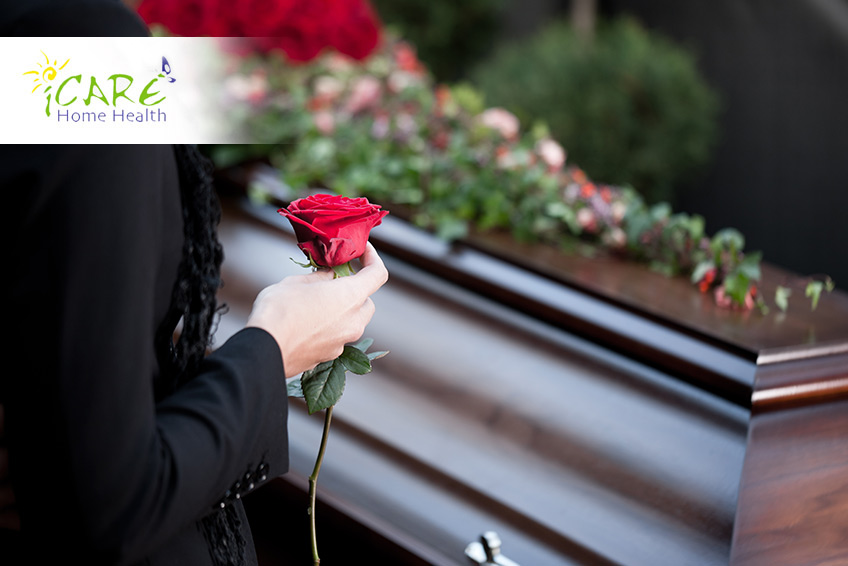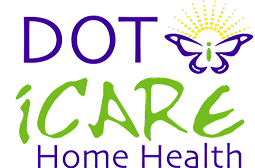How To Be Helpful

I usually use these pages to write about elder care. Today, however, I am appropriating this space to catalogue some of the unhelpful things people have said to me concerning my mother’s death. Oh, I realize that no one was deliberately cruel or thoughtless. Death makes many of us pretty uncomfortable.
Please don’t tell me that my mother is “in a better place now.” There is only one place I want my mom to be and that is with me. I’m grateful she is in heaven, but heaven is far too far away. I miss Mom. I long for her company. For all that heaven is wonderful, I selfishly want her back.
And what’s with asking me my mother’s age? She was 86 and frankly, attaining that age didn’t suddenly make her eligible or qualified for death. My mother could have been 96 and still been far too young to die. Of course I agree that someone dying at the age of 26 is a tragedy. But death is still terribly sad, even when the person is deemed by others to be “old enough” to die. Yes, I’m glad my mother had a long life. I just wish it could have been longer.
Don’t tell me “you know I feel”. You don’t. You might be able to imagine my response to my mother’s death. You might even remember how you felt when your own mother died. But in this day and age of enlightened pop psychology, you should know better than to tell me you KNOW all about my feelings in this matter.
For the love of heaven, please don’t tell me to “keep my chin up, dear.” I’m being just as brave as I can be. But there are days when I wonder if I’ll get the gumption to get out of bed in the morning. Telling me to be brave means you think I’m somehow failing if I cry. And here is nothing at all shameful about my tears. Tell me: how long am I permitted to be sad in your opinion? Not long, to be sure, given that I was told this the day after my mother died.
I don’t want to give the impression that no one has helped me, because I’ve been extraordinarily blessed with wonderful support. The number of my friends who came to the memorial service astounded me. I saw face after face I knew in the congregation, and my friends’ presence brought me tremendous comfort. I’ve received cards and gifts of food. I was given a sweet glass angel holding a butterfly. People have asked me to go for coffee (or wine) and made it very clear I could talk about Mom and her death all I wanted. One friend volunteered to do some photocopying for me, to help me with a training class I’m soon to give. Another offered to bring a snack to a home church session I was leading so I didn’t have to do both. A dear friend who lives a distance away from me has been sending me regular emails. There have been phone calls from my sisters and from friends. And I was given a wonderful book on grief that has helped me tremendously. Thoughtful and kind, these people are helping me.
The people who have said the unhelpful things are thoughtful and kind too. They are simply repeating things that people usually say when a death occurs. I’d like to stop such utterances, or at least explain why they rub me the wrong way. But I worry that this particular train is way down the track.
There is a simple guideline that can determine whether or not you are saying something helpful to the bereaved person: does what you say make YOU feel better or does it make the bereaved person feel better? All the difficult phrases seem to represent quick fixes to the dark problem of grief. They all shorten – or end – the conversation about how the bereaved person feels. And they all hint at the person’s strong desire to change the subject. “Stop whining,” they in reality are saying! “She’s in a better place.” Don’t argue with “God’s will”. “Your mother was 86! That’s plenty old enough to die. What did you expect?” Yes, they are very effective at ending an uncomfortable conversation.
The rest of the world allocates only a very brief time for grief; two, three days, tops. After someone dies we necessarily sidestep the world for a time. The only trouble with this is that the world soon picks up its pace again, and it expects us to follow. We struggle to resume speed, long before we are ready to do so.
I am learning that grief is a circle we have to follow around and around, locked in grooves whose edges seem like walls hemming us in. I’ve been uncharacteristically absent minded – no, dough brained – forgetting some appointments or showing up way too early for others. Tears hit me out of left field. I was numb for a long time. I haven’t had a decent night’s sleep since Mom died. All of these are perfectly normal responses to death. What helps me more than anything is to remember my beloved mother as she was – a strong, spunky, determined woman who is now discovering the tremendous love of her heavenly Father. I imagine her joy and I feel a tender happiness welling up in me.
But, oh God, how I miss her. And the missing still carries a sense of unbelief that someone so important to me can possibly be gone. The careless comments are sharp barbs whose sting is lessened when I remember that the people who said them were genuinely trying to be helpful. I understand that. It’s much more important to remember the sacrificial giving and the sweet, tender care of my friends and sisters.
And so I do….
“When bad things happen, people don’t need platitudes and cliches. They need to be able to lean on each other and support one another.” – Kenneth C. Haugk, “Don’t Sing Songs To A Heavy Heart”.

